



When we first we meet Sissel, the pointy-quiffed protagonist of Ghost Trick, he's little more than a shotgunned corpse, collapsed on a junkyard floor with his arse in the air. He's dead on arrival, and the game itself was pretty much doomed to the exact same fate. It arrived in the US and Europe in the new year some six months after it hit Japan - just as Nintendo was gearing up to launch the 3DS. A year on, what threat can Ghost Trick pose to the forerunners on the best-of-year lists? Who even remembers poor little Ghost Trick?
Well, I do. I can remember the first time I saw the initial Japanese trailer. I didn't have a clue what was going on, but I knew that I really, really liked what I saw. Those super smooth cel-shaded graphics were unlike anything else on the DS; in the dying days of 2011, I can't think of any other game that finds so much joy in the movement of its characters. Let's pause for a moment and take a look at the first appearance of Inspector Cabanela:
Look at him go! If nothing else, Ghost Trick showed that it's possible to turn the most mundane of actions – a man walking down a set of steps – into an art form. And it's not as if Cabanela is the only example, either. The whole cast is littered with characters – from a sentient anglepoise lamp to a sneering, short-sighted hitman - whose physical quirks make them hugely appealing, even before they open their mouths.
Regular visitors to this site will know that I'm a sucker for a decent story – an element of game design that many people feel is utterly redundant. It's certainly true that my love of Ghost Trick partly stems from my adoration of its oddball plot, and especially from writer-director Shu Takumi's warped sense of humour. But these qualities aren't the only ones that led to me picking this game for my Honourable Mention. Because when all is said and done, Ghost Trick is also a brilliant puzzle game.
For all their greatness, the Phoenix Wright games are little more than interactive novels. Ghost Trick, on the other hand, offers a far more successful marriage of narrative and gameplay. After waking up as a phantom, Sissel discovers that he has the limited ability to move certain items in the world around him – the titular Ghost Tricks. Upon witnessing the murder of a young woman named Lynne, he also learns that he has the power to rewind time to exactly four minutes before a person's death. Cue a dramatic (if slightly wonky) rescue of the damsel in distress, followed by a procession of similar acts of ghostly benevolence.
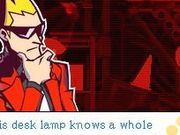
Sissel's new-found powers are the key to solving the game's macabre cause-and-effect conundrums, but they're also the vehicle for plot progression: our hero Tricks his path across the city, desperately trying to keep up with the bizarre mystery unfolding around him, and at each stop he uses his powers to avert a tragic death. Once you've saved the latest newly-dead, you'll still need to find a way to move on to the next location, usually by finding a phone so that you can zip down the phone line. For all his powers, Sissel is largely a helpless vapor, and we're consistently reminded of his precarious condition.
Some critics accused Ghost Trick's puzzles of being overly reliant on trial and error, but to me this misses the point. When you get stuck in Ace Attorney, you'll invariably end up matching every piece of evidence with every witness statement until something finally sticks. In Ghost Trick you've only got a limited number of tools at your disposal, and experimentation always yields some kind of result. You may not find the solution on your initial attempt – especially if you're working against the pressure of a four-minute deadline – but even when your efforts fall short, you'll usually have an idea of where or why things went wrong. Sissel or one of his chums will pipe up with a bit of advice or a joke, the clock rewinds again, and you take another pop. It's a system that rewards you for playing with its tactile world, and indeed some of the best jokes in the game are reserved for the more unfortunate mistakes you can make – one late-game example inadvertently turns a hat into a lethal weapon.
I know that some people took issue with the later stages of the story, where a couple of turns steer the plot into new levels of oddness – but for me, it works. After all, this is the tale of a time-travelling ghost who acts like a poltergeist version of the Littlest Hobo; it was pretty damn strange to begin with. What's beyond question is that Ghost Trick is one of the most creative games of the year, one where the originality of the core concept is echoed in its distinctive art style, ever-hummable soundtrack, and genuinely lovable characters. Given that it sold roughly four copies over here, there's a real risk that Ghost Trick could end up fading into obscurity – and that's absolutely not the fate that it deserves.
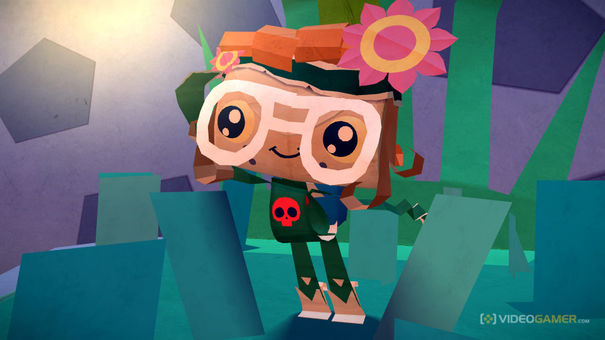
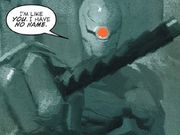
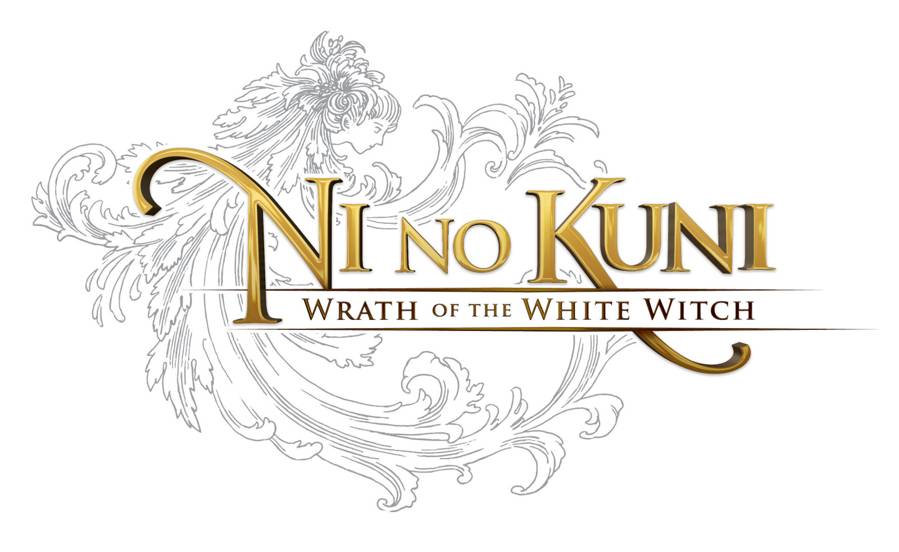
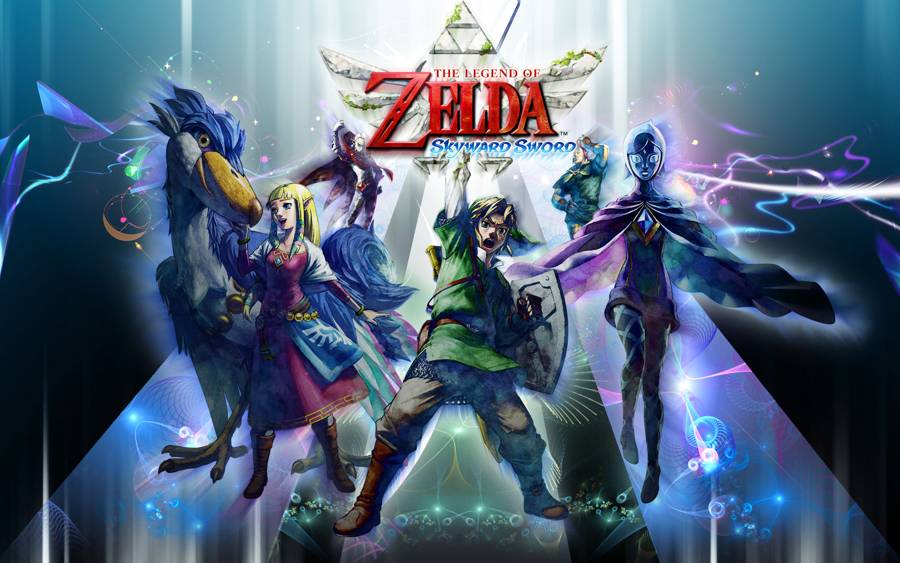
 Pokemon X & Y Capture Guide Collection - GamersHeroes
Pokemon X & Y Capture Guide Collection - GamersHeroes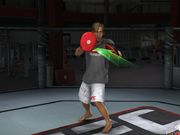 19 days with UFC Personal Trainer
19 days with UFC Personal Trainer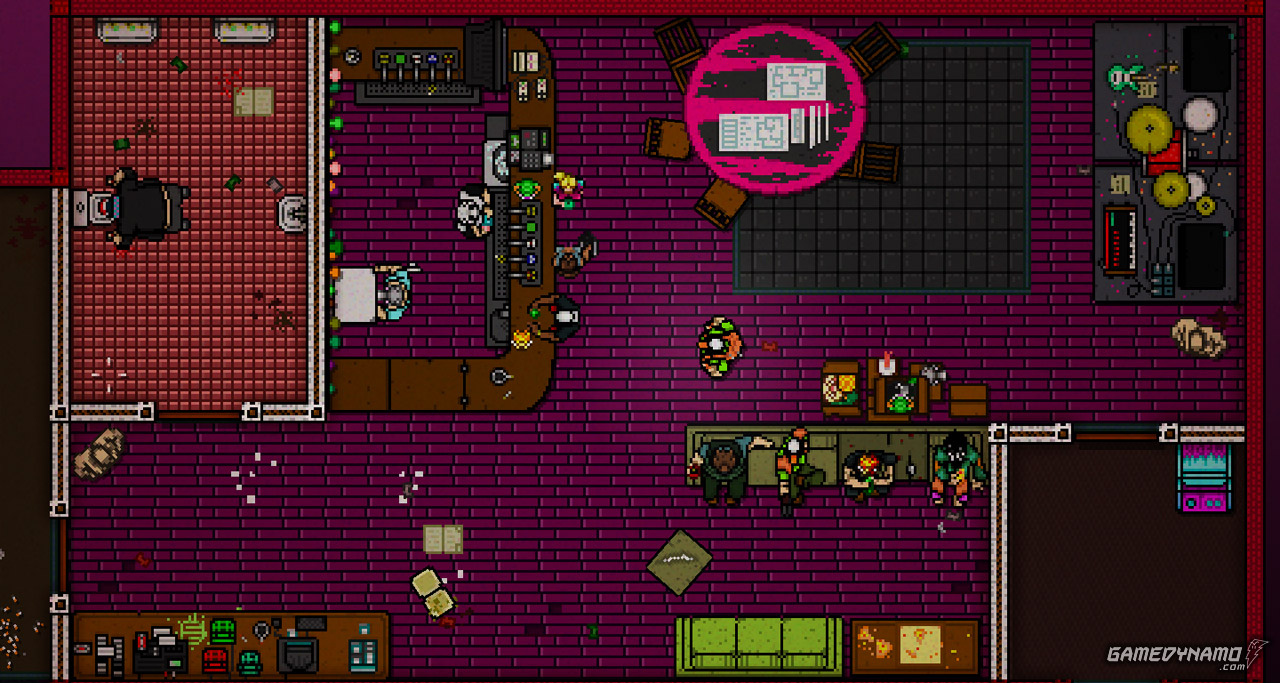 Hotline Miami 2: Wrong Number – Newspaper Articles Guide
Hotline Miami 2: Wrong Number – Newspaper Articles Guide Minecraft NPC village seed list 1.8.3 (videos)
Minecraft NPC village seed list 1.8.3 (videos)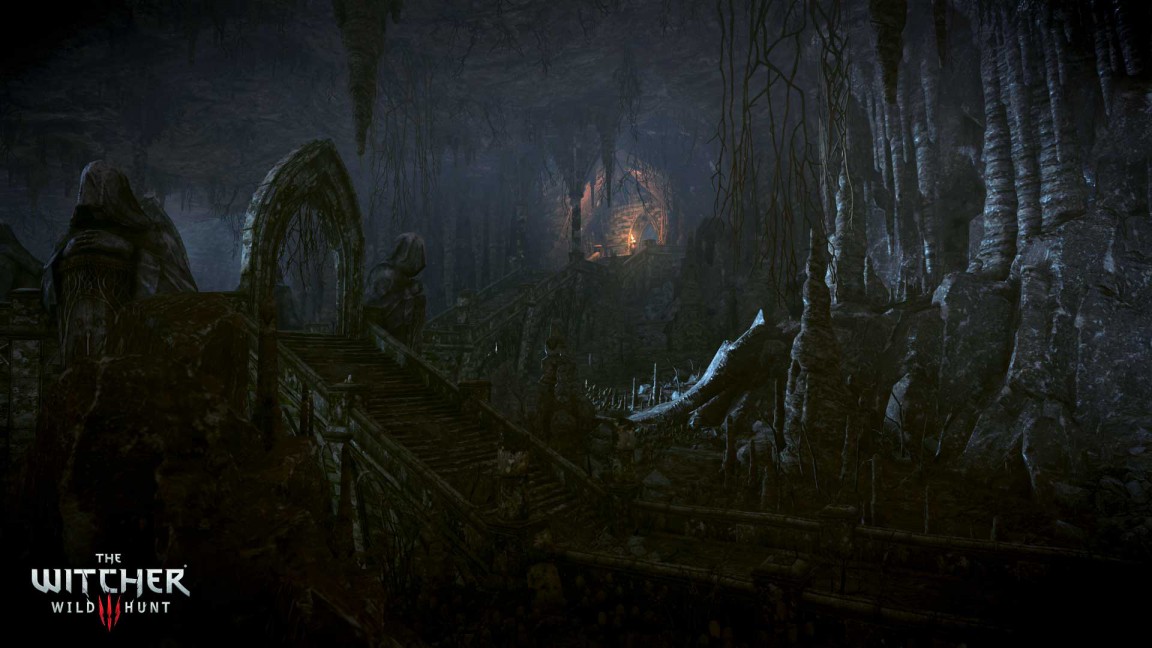 The Witcher 3: A Greedy God
The Witcher 3: A Greedy God